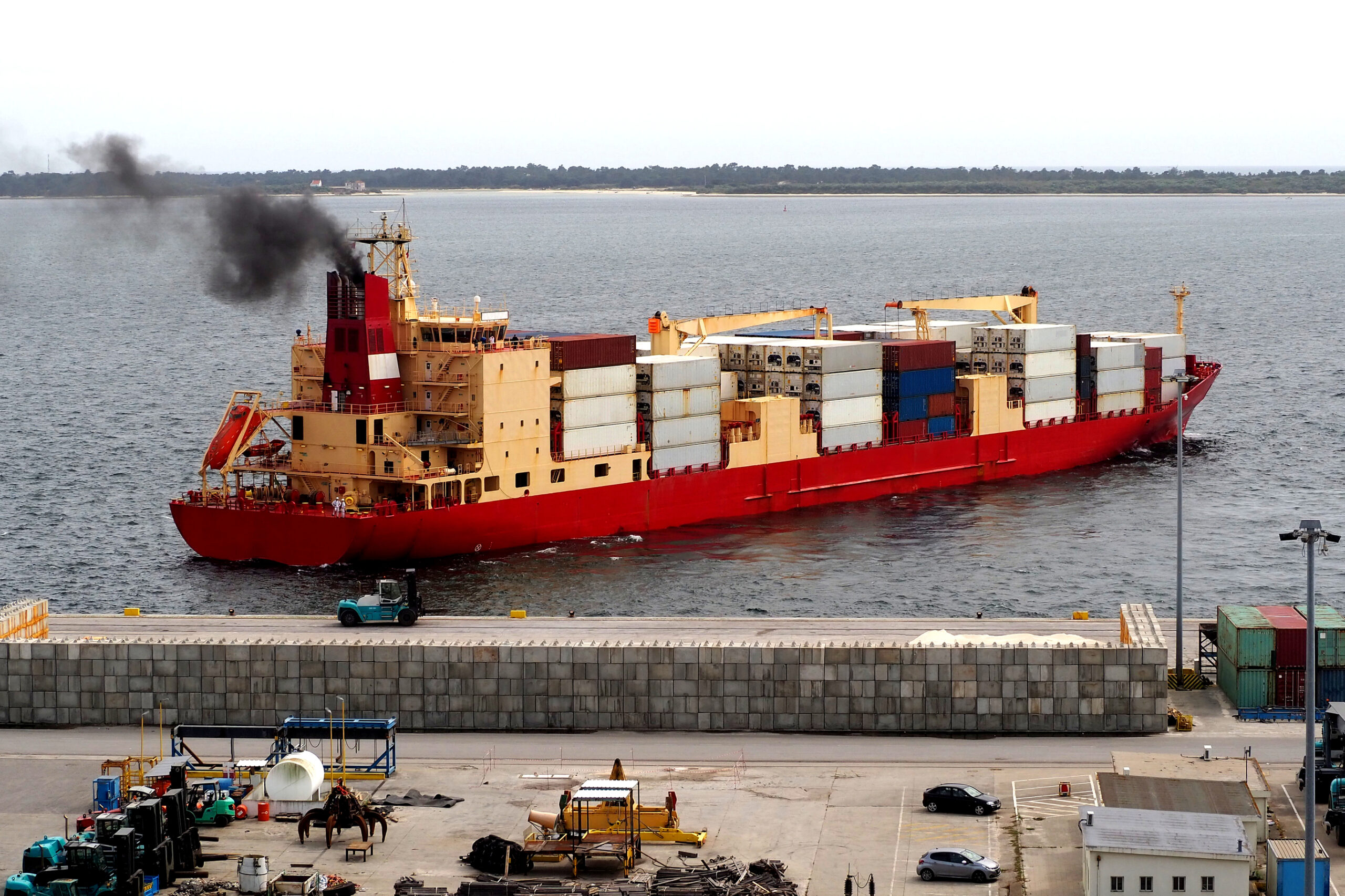No major breakthrough was reached towards a final agreement about a universal “levy” on ships’ greenhouse gas (GHG) emissions at the International Maritime Organization (IMO) GHG working group meeting (ISWG-GHG 18) last week.
About three quarters of IMO States now strongly support the GHG contribution system proposed by the ‘50-plus group’ of governments and the International Chamber of Shipping (ICS).
However, ICS said that concerns raised by a significant minority, including China and Brazil, must be addressed in a simple and pragmatic way to build complete consensus.
To remind, 51 co-sponsors which consist of many governments and major shipping nations, the European Commission and the International Chamber of Shipping (ICS), submitted a joint text which calls for an annual contribution by ships, per tonne of GHG emitted, to a new “IMO GHG Strategy Implementation Fund.”
A major positive outcome from the talks at the IMO is the broad agreement among governments to establish an IMO Fund.
It has also been generally agreed that this IMO Fund, expected to generate billions of US dollars annually from charges for ship’s GHG emissions, should be used to provide financial rewards for first movers and ships using ‘ZNZ’ fuels (such as green methanol, biomethane, green ammonia, and sustainable biofuels).
Meanwhile, significant details remain unresolved regarding the proposed GHG intensity fuel standard.
However, ICS says that its simpler proposal for GHG surcharge fees, which would be applied to ships unable to comply due to fuel availability constraints, remains under consideration.
Guy Platten, secretary general of the ICS, emphasised the need for urgent progress ahead of the critical IMO Marine Environment Protection Committee (MEPC 83) in April.
“While ICS is broadly satisfied with the progress made on a radical new package of global GHG reduction regulations, including a GHG emissions pricing mechanism, much work urgently remains to be done. But despite divergence on many issues, it is encouraging that negotiations continue in a positive and cooperative spirit.”
“To ensure progress, ICS will continue to put forward pragmatic and constructive proposals to bridge differences, particularly on the crucial issue of economic incentives for the use of ZNZ fuels,” Guy Platten continued.
“Achieving consensus is crucial for delivering the goals of the revised GHG Reduction Strategy, which were unanimously agreed by all governments in 2023.”



